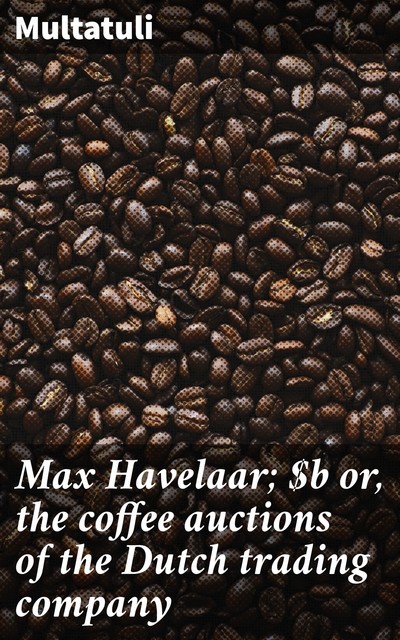In 'Max Havelaar; or, the coffee auctions of the Dutch trading company,' Multatuli, the pen name of Eduard Douwes Dekker, masterfully intertwines narrative and social critique, presenting a vivid exposé of colonial exploitation in Java during the 19th century. Through the story of Max Havelaar, an idealistic Dutch civil servant, the novel unveils the deeply entrenched injustices faced by Javanese farmers under the oppressive Dutch colonial system. Multatuli's innovative use of multiple voices and intertextual references creates a complex tapestry that highlights the moral dilemmas of colonial rule while addressing broader themes of power, ethics, and the human condition, positioning the text within the burgeoning literary movement focused on social reform and realism of its time. Eduard Douwes Dekker's personal experiences as a colonial official in the Dutch East Indies significantly influenced his perspective and impassioned writing. Witnessing firsthand the systemic injustices and brutalities inflicted upon the Javanese people, he adopted the pseudonym 'Multatuli,' meaning 'I have suffered much,' as a means to convey both his deep empathy and societal critique. His passionate advocacy for the rights and dignity of colonized subjects not only galvanized public opinion but also catalyzed the Dutch reformist movements of the era. This landmark novel is essential reading for those interested in postcolonial studies, colonial history, or literary social activism. Multatuli's bold narrative invites the reader to reflect on the moral complexities of power and the enduring consequences of colonialism, making 'Max Havelaar' a profound and relevant text in discussions about justice and humanity.


